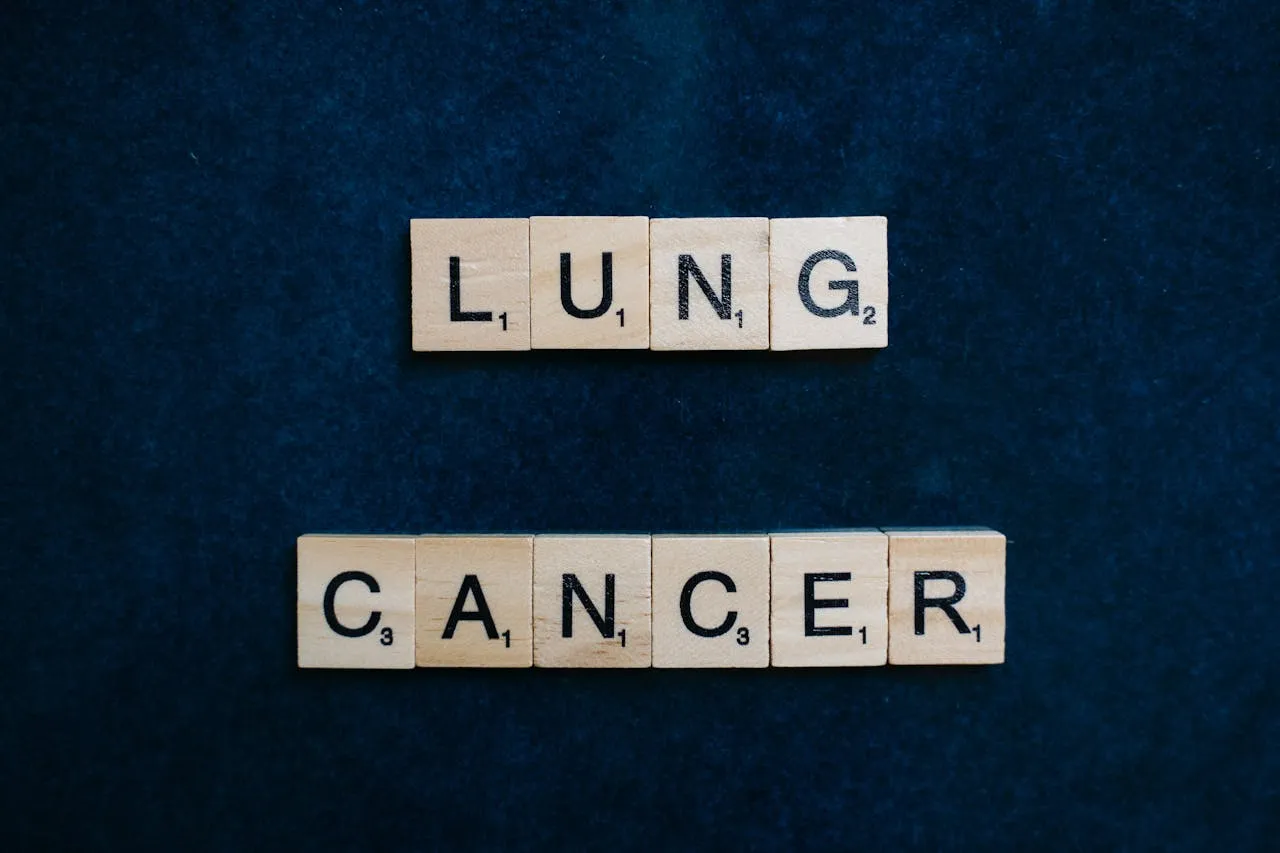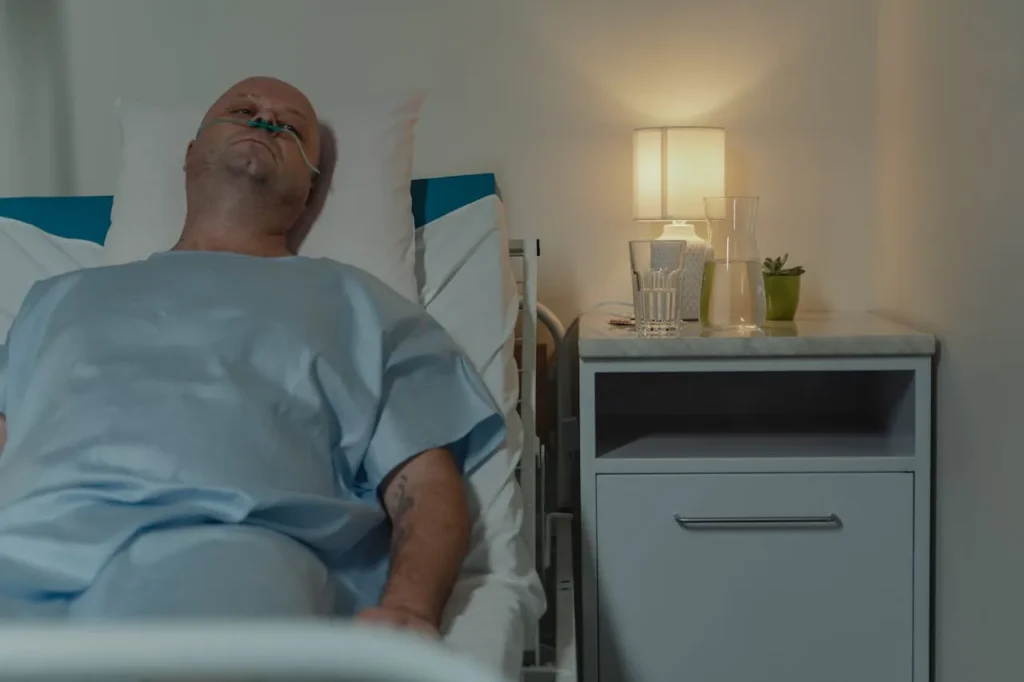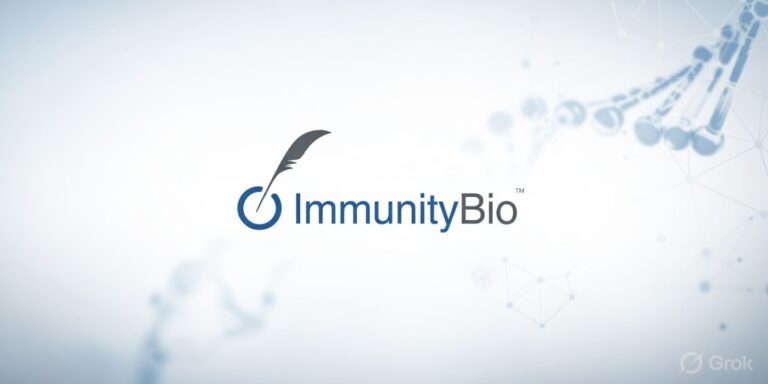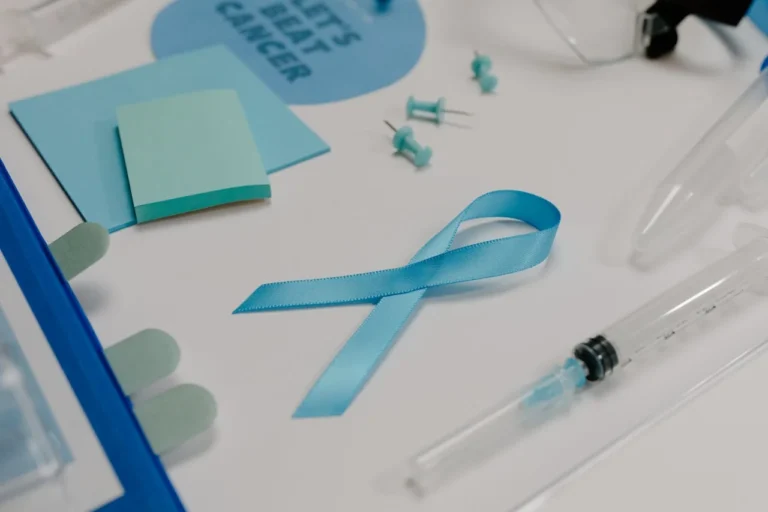
Kairos Pharma Wins DoD Grant to Study ENV105 for Drug-Resistant Lung Cancer
Kairos Pharma, Ltd. , a clinical-stage biopharmaceutical company focused on developing novel cancer therapies, has announced a major step forward in its mission to improve outcomes for patients with non-small cell lung cancer (NSCLC). The company is currently conducting a Phase 1 clinical trial evaluating its investigational drug ENV105 in combination with osimertinib for patients whose cancer has developed resistance to osimertinib monotherapy. This approach aims to address one of the most pressing challenges in modern oncology: acquired resistance to targeted therapies.
Building on promising data and a growing body of scientific insight into the mechanisms underlying EGFR-mutated lung cancer progression, Kairos Pharma has secured a crucial grant from the U.S. Department of Defense (DoD). The grant, totaling $876,000, is aimed at supporting efforts to identify early biomarkers of resistance to osimertinib—the current standard first-line therapy for EGFR-mutated NSCLC.
A Tactical Response to a Major Clinical Obstacle
Osimertinib, a third-generation epidermal growth factor receptor (EGFR) tyrosine kinase inhibitor (TKI), has transformed the treatment landscape for NSCLC patients with EGFR mutations. However, despite its superior efficacy compared to first- and second-generation TKIs, resistance eventually develops in the majority of patients, often within a year to two years of initiating treatment. This acquired resistance severely limits long-term survival and presents a significant barrier to durable remission.
Kairos Pharma’s experimental therapeutic, ENV105, is being tested specifically in patients who have ceased to respond to osimertinib. The Phase 1 study is evaluating the combination of ENV105 and osimertinib to determine safety, tolerability, and preliminary efficacy. The company believes this combination could offer a new avenue for extending the duration of therapeutic benefit and potentially overcoming the mechanisms that drive resistance.
The newly awarded DoD grant will significantly bolster these efforts by enabling a focused initiative to identify biomarkers predictive of resistance. This will help clinicians recognize patients who are beginning to lose response to osimertinib earlier in the treatment process, allowing for timely intervention with ENV105.
Scientific Collaboration with Cedars-Sinai
The funding has been allocated to Cedars-Sinai Medical Center, one of the nation’s leading academic medical centers, to support translational research in the laboratory of Dr. Neil Bhowmick, a prominent cancer biologist. Dr. Bhowmick’s research will focus on uncovering molecular signatures and physiological markers that signal the emergence of drug resistance in patients with NSCLC.
Through rigorous molecular profiling, the Cedars-Sinai team aims to build a diagnostic framework that can stratify patients based on their likelihood of responding to ENV105. If successful, this would represent a substantial advancement in the field of precision oncology. By enabling a biomarker-guided treatment paradigm, Kairos Pharma hopes to position ENV105 not only as a salvage therapy but also as a proactive strategy to delay or mitigate resistance altogether.
Executive Commentary

John Yu, M.D., Chairman and Chief Executive Officer of Kairos Pharma, emphasized the strategic and scientific importance of this grant.
“Peer-reviewed support like this DoD grant is a testament to the sound scientific basis for our current Phase 1 trial in lung cancer patients receiving ENV105,” said Dr. Yu. “It is particularly gratifying in the current environment, in which these grants are harder to achieve, underscoring the potential for ENV105 to help ensure effective therapy in this lung cancer form common to non-smokers.”
Dr. Yu further explained that non-smoking patients with EGFR-mutant NSCLC represent a growing subset of the lung cancer population, and these patients often respond well initially to EGFR-targeted therapy before resistance sets in. The ability to intervene at the earliest signs of resistance could be transformative.
“Grants like this enable us to progress with our trials while minimizing expense and managing our cash burn,” added Yu. “It also sends a powerful signal to the scientific and investment communities that our therapeutic strategy is rooted in solid translational science with real-world applicability.”
Toward a New Standard in Resistance Management
The strategic goal behind the grant-funded research is twofold. First, it will enable the development of a predictive biomarker panel that can be used to identify patients beginning to show early molecular changes associated with osimertinib resistance. Second, it will support the refinement of a treatment protocol that integrates ENV105 earlier in the disease course, potentially before overt clinical resistance occurs.
This approach aligns with the emerging philosophy in oncology that timing is critical—not just in diagnosing cancer, but in adjusting treatments before resistance becomes entrenched. For patients, this could mean extended periods of disease control, fewer toxicities associated with broad-spectrum chemotherapy, and ultimately, improved survival and quality of life.
Potential Broader Implications
The implications of Kairos Pharma’s ENV105 strategy could reach beyond lung cancer. EGFR mutations and acquired resistance are significant issues in other solid tumors, including colorectal and head and neck cancers. Success in NSCLC could pave the way for exploring ENV105’s utility in other EGFR-driven malignancies.
Additionally, if the biomarker research leads to a validated companion diagnostic, Kairos could pursue regulatory pathways that would allow ENV105 to be co-developed as part of a personalized medicine package. This would open the door for collaboration with diagnostic companies and potentially accelerate approval timelines under FDA’s expedited review programs.
In the near term, Kairos Pharma plans to continue enrolling patients in its Phase 1 trial while simultaneously supporting Cedars-Sinai’s biomarker research through the DoD grant. Interim data readouts from the trial may help refine dosing and further elucidate safety and efficacy profiles. Meanwhile, the results from Dr. Bhowmick’s lab are expected to inform future trial designs, particularly for Phase 2 and beyond, where patient selection criteria could be tailored using the biomarkers identified.
If successful, this multi-pronged strategy will provide the foundation for a paradigm shift in how EGFR-mutant lung cancer is treated, evolving from reactive treatment adjustments to proactive, biomarker-informed interventions.
As the oncology field continues to move toward personalized, precision-based approaches, Kairos Pharma’s work with ENV105 could serve as a case Kairos Pharma study in how integrating molecular biology with targeted therapeutics can enhance outcomes in even the most treatment-resistant cancer populations.





